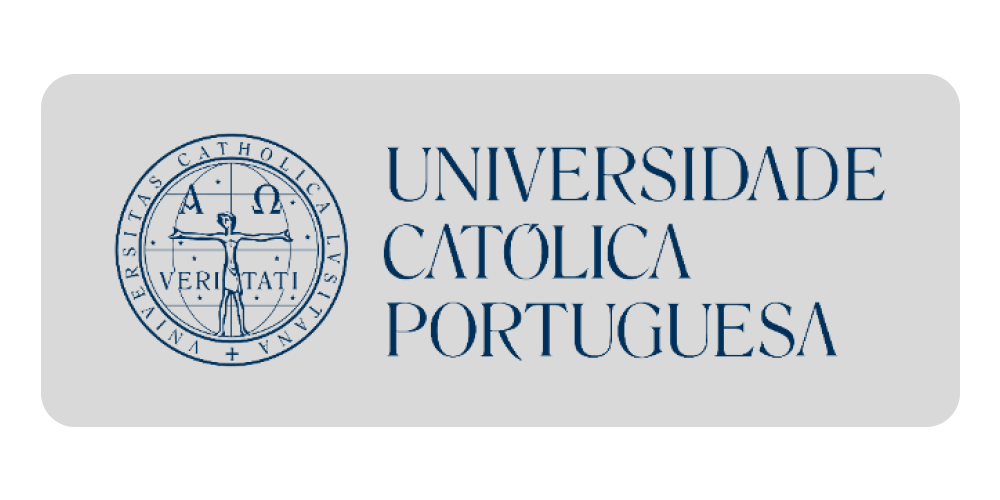'The Institute of Economics, Zagreb'
Tax autonomy of Croatian cities in the 2002–2016 period
2018
Croatian
U ovom je istraživanju izračunat indeks porezne autonomije svih hrvatskih gradova (128) u razdoblju 2002.–2016. Cilj je istraživanja pokazati koliko hrvatski gradovi kontroliraju svoje porezne prihode. Također je cilj utvrditi imaju li gradovi sposobnosti da poreznim prihodima samostalno financiraju lokalne javne usluge građanima i poduzetnicima. Korištena je OECD metodologija u klasifikaciji poreznih prihoda. Rezultati analize pokazali su da su hrvatski gradovi imali relativno nisku razinu porezne autonomije, osim u razdoblju 2010.–2014. kada je indeks porezne autonomije bio iznad 54, dok je u 2016. iznosio 41,36. Dobiveni rezultati istraživanja ukazuju na to da mali broj gradova može bez pomoći središnje države podmirivati postojeću razinu javnih usluga stanovnicima i poduzetnicima te upravljati svojim razvojem. To je važan zaključak u razmatranju buduće uloge gradova u preuzimanju novih javnih funkcija i povećanju decentralizacije javne uprave te teritorijalne organizacije države.In this research, the index of all Croatian cities’ tax autonomy (128) in the 2002–2016 period was calculated. The aim of this research is to show how many Croatian cities control their tax revenues. It is also the goal to determine whether cities have the ability to independently finance local public services to citizens and entrepreneurs. The OECD methodology in the classification of tax revenues was used. The results of the analysis showed that Croatian cities had a relatively low level of tax autonomy, except in the period from 2010 to 2014, when the index of tax autonomy was above 54, while in 2016 it amounted to 41.36. The research results showed that only a small number of cities―without the aid of state government grants―can finance their existing level of public services for residents and entrepreneurs and manage their development. This is an important conclusion in considering the future role of cities in taking over new public functions and increasing the decentralization of public administration and territorial organization of the state
'The Institute of Economics, Zagreb'
Tax autonomy of Croatian cities in the 2002–2016 period
U ovom je istraživanju izračunat indeks porezne autonomije svih hrvatskih gradova (128) u razdoblju 2002.–2016. Cilj je istraživanja pokazati koliko hrvatski gradovi kontroliraju svoje porezne prihode. Također je cilj utvrditi imaju li gradovi sposobnosti da poreznim prihodima samostalno financiraju lokalne javne usluge građanima i poduzetnicima. Korištena je OECD metodologija u klasifikaciji poreznih prihoda. Rezultati analize pokazali su da su hrvatski gradovi imali relativno nisku razinu porezne...
Preuzmite dokument
Croatian
2018
 Dubravka Jurlina Alibegović
Dubravka Jurlina Alibegović






